Trust in conflict
I was recently in a debate, ironically, about conflict. There was a position taken that conflict within teams was terrible, completely unacceptable and universally wrong. It wasn’t lost on me that I was about to enter into conflict with the hope that we would both gain insight and collectively arrive at a better place.
As you have probably guessed, I am not on board the ‘all conflict is bad’ train. That’s akin to saying ‘all fat is terrible’– despite all the research to support the dietary benefits of monounsaturated fat that include improved blood cholesterol level, and a decreased risk of cardiovascular disease. Anyhow, this isn’t a food debate – but hopefully you get my point.
What we are missing, is the delineation between healthy and destructive conflict.
Healthy conflict drives growth, it leads to breakthrough ideas and reveals flaws that are fixed before they impact customers or staff. It brings a team together in pursuit of a common goal, with an open and healthy conversation that deepens trust.
But when conflict is destructive, it derails and kills debate creating a culture of fear and distrust. It results in boring meetings that no one wants to attend and drives honest discussion out into corridor conversations that fester, spread and build resentment. Now that is not good, on that we can only agree.
But here’s the rub. If we embrace all conflict with gusto, we risk endorsing the wrong behaviour. And if we outlaw it, we risk stifling innovation, progress and healthy open conversation.
What to do.
The answer lies in trust – or at least, it starts there. How conflict plays out in meetings is actually determined by the degree to which the team members trust each other. Most teams operate based on a functional trust; one formed through a rational assessment of competency and reliability. Can they do what they say they will do, and do they show up and deliver? Think taxi drivers and estate agents. They do just as advertised; move us around, or sell a house. But would you trust them with your kids? Probably not.
That missing element is the other half of trust. The one which is more emotionally centred and revolves around our ability to determine someone’s self-interest. Are you and the estate agent mutually aligned in your goals? Yes, you both want to sell a house, but… while you probably want the highest price, they may be more motivated by a quick sale. This misalignment of interests erodes our trust – and the same applies in the workplace.
Emotional trust is formed when we share a genuine connection with another person, when we start to know their authentic self – and believe that they show up as them. Consistently. And when we begin to understand whether our intent or desired outcome is aligned. Do they want the same thing as us? Is there benevolence? Are we in this together – or fighting for different results? When our intentions aren’t clear or, worse still, are disingenuous, we will almost certainly not benefit from a healthy, productive debate without the darker side of conflict rearing its head.
Taking the time to establish meaningful connections is a crucial part of building an effective team. Only then is it possible to leverage that healthy trust and drive progressive conversations.
How well do you know the people you work with? Who is that person sitting behind the title and job description? Perhaps it could be time to find out.

